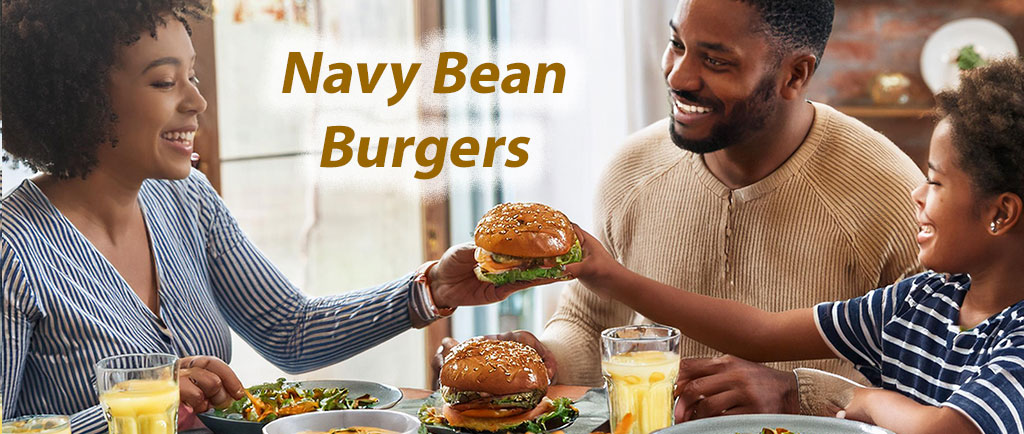
When Cell Towers Fail: St. Louis Residents Race to Build an Emergency Safety Net
Help Bring Free Emergency Walkie-Talkie-Like Service to Black St. Louis, Donations and Tower Space Needed In the heart of St. Louis, a group of dedicated

In recent years, a powerful shift has been taking place across Black communities in America—more and more Black Americans are turning to vegetarianism as a means of reclaiming their health, energy, and clarity of mind. This movement isn’t just about food—it’s about wellness, empowerment, and cultural restoration.
According to a Pew Research Center study, Black Americans are nearly three times more likely to identify as vegetarian or vegan than the general population. Many are finding that this change brings transformative benefits: weight loss, increased energy, sharper mental focus, and the alleviation of common health issues like high blood pressure, diabetes, and joint pain. As these outcomes become more visible and widespread, the plant-based lifestyle is becoming more than a trend—it’s becoming a movement.
At the heart of this transformation is the Navy bean—a humble but mighty food with deep spiritual and cultural roots in Black history. Adopting a Navy bean-based vegetarian diet has become a preferred approach for many, not only for its remarkable nutritional profile but for its affordability, simplicity, and healing properties. Rich in protein, fiber, iron, and essential minerals, the Navy bean supports weight management, digestive health, and stable energy levels throughout the day.
But this isn’t a new revelation. The foundation for Black vegetarianism in America was laid decades ago by the Honorable Elijah Muhammad, who introduced the concept of clean, purposeful eating through his seminal works, “How to Eat to Live” Books 1 & 2. In these books, he championed the Navy bean as a divinely recommended food and warned against the very same processed and toxic foods now proven to contribute to today’s health epidemics.
While modern wellness culture often praises plant-based living, few acknowledge that many of its core principles—fasting, clean eating, avoiding pork and bottom feeders, and embracing legumes like the Navy bean—originate from Elijah Muhammad’s teachings. These books were written not as diet guides, but as tools of liberation and self-repair for Black people emerging from the trauma of slavery and systemic neglect.
Today, as Black Americans reclaim their health and legacy, becoming a Navy bean vegetarian stands as one of the most powerful and culturally rooted paths forward. It is more than a diet—it is a return to wisdom, a tool for healing, and a quiet revolution in the face of a healthcare system that too often fails our community.
It’s time to return to what our ancestors knew. It’s time to eat to live.

Help Bring Free Emergency Walkie-Talkie-Like Service to Black St. Louis, Donations and Tower Space Needed In the heart of St. Louis, a group of dedicated

Thinking about going vegetarian or vegan? You’re not alone. Every year, more people are making the move toward plant-based living to improve their health, support

Photo: © Fox. Angela Bassett and Peter Krause in 9-1-1, “Defend in Place” episode (2021). Our perceptions are constantly shaped by the media we consume—especially